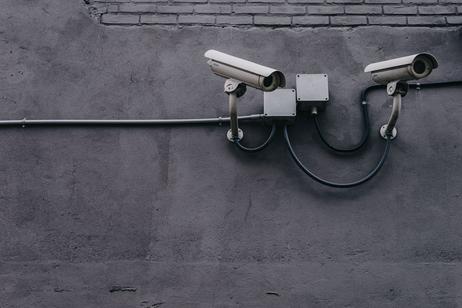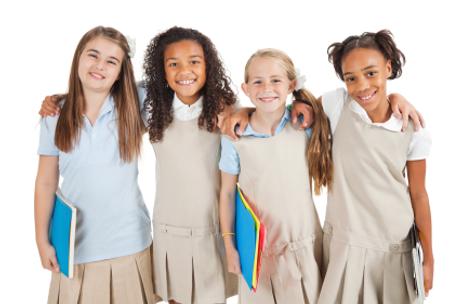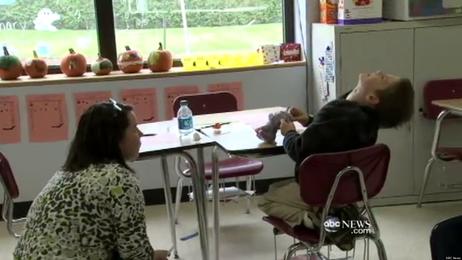The question of whether public school teachers in the K-12 system should be protected by the system of tenure is a highly controversial one. It is also an extremely important question at the present moment. A changing world economy and increased focus on our nation’s education system are bringing teacher tenure into the spotlight, and some say it is a tradition that may be outdated.
The Good: Why Some Argue that Tenure is Important
Protects teachers from being fired for personal or political reasons
As a 2008 TIME magazine article on teacher tenure notes, one of the most significant results of teacher tenure is that it makes firing teachers “a difficult and costly process.” A tenured teacher cannot be fired on the whim of a school administrator; charges will need to be filed, evaluations submitted, and hearings held. Many teachers believe that the job security tenure provides is important because it prevents teachers from being fired for reasons of favoritism or local or district politics.
Gives teachers the freedom to experiment or support controversial causes
Many say that tenure is important for teachers to delve into potentially untraditional topics. A high school social studies teacher, Alan Singer wrote recently for the Huffington Post about how he helped students form clubs which “testified in public hearings against budget cuts in education and in favor of condom availability in schools.” Without the protection that tenure offered, Singer argues, he would not have felt






















